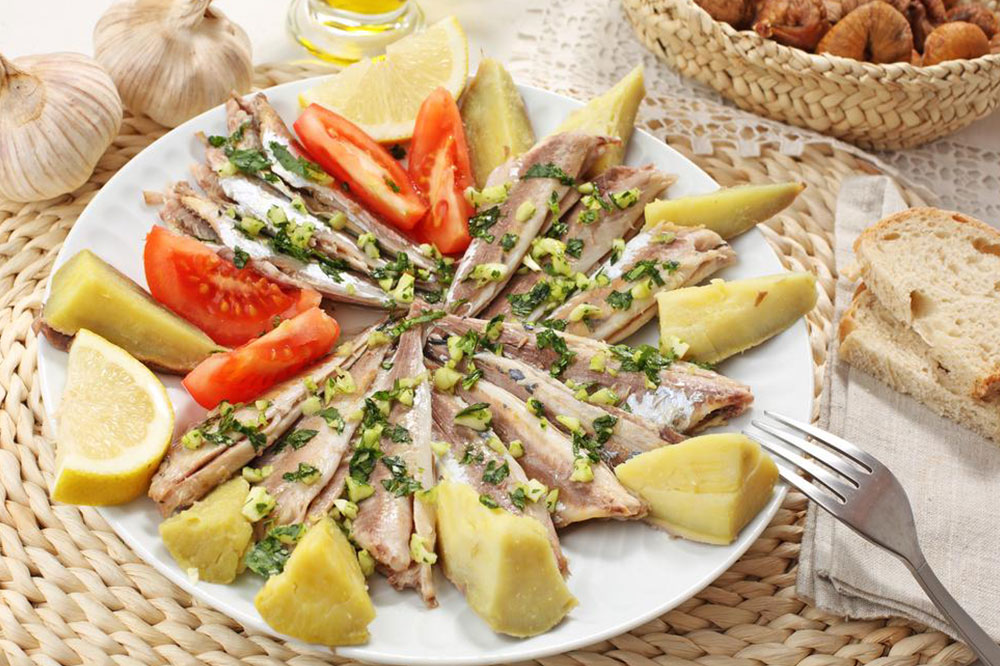
Mediterranean Diet for Managing Eczema
Among the many triggers of eczema and its symptoms, food is the one trigger that we can control. A single diet plan may not suit everyone with eczema, but following a healthy diet with lots of fresh fruits and vegetables, lean protein, and healthy fats will help stave off flare-ups. The Mediterranean diet is rich in antioxidants and is very helpful in alleviating the symptoms. This dietary change to manage eczema and atopic dermatitis is based on the types of food eaten by people in the Mediterranean region.
Basics of the diet
This diet can be adjusted to individual needs and preferences. The Mediterranean diet emphasizes on the following basics:
- Eat well : Fruits, vegetables, nuts, seeds, legumes, potatoes, whole grain, herbs spices, seafood, fish and healthy fats like olive oil. Foods that contain quercetin like red wine are also included.
- Eat in moderation : Poultry, eggs, cheese, and yogurt.
- Eat rarely : Red meat.
- Do not eat : Sugary desserts, sweetened beverages, processed meat, refined grains, refined oils, and other highly processed foods.
Foods to avoid
The following are some dietary changes to manage eczema and atopic dermatitis in terms of foods to be avoided:
- Refined grains : Foods like white bread, pasta made with refined wheat, and such.
- Added sugars : Table sugar, candies, soda, ice cream and the like.
- Refined oils : Soybean, canola, cottonseed oils, and others.
- Trans fats : Found in most processed foods and margarine.
- Processed meats : Hot dog, sausage, salami, and such.
- Highly processed foods : All foods made in a factory and labeled as “low-fat” or “diet food.”
Foods to eat
This diet emphasizes the consumption of healthy plant foods and recommends avoiding animal fat. Fish and seafood, however, is recommended at least twice a week. Here’s a list of foods to include in your dietary habits when making changes to manage eczema and atopic dermatitis:
- Vegetables : Onions, carrots, cauliflower, tomatoes, broccoli, spinach, kale, cucumbers, Brussel sprouts, and such.
- Tubers : Potatoes, sweet potatoes, turnips, and yams.
- Fruits : Bananas, apples, pears, oranges, grapes, figs, melons, peaches, strawberries, and others.
- Nuts and seeds : Macadamia nuts, walnuts, almonds, hazelnuts, cashew, sunflower and pumpkin seeds, and such.
- Whole grains : Rye, buckwheat, barley, whole wheat, whole oats, brown rice, whole grain bread, and pasta.
- Legumes : Lentils, pulses, beans, chickpeas, peanuts, and such.
- Herbs and spices : Mint, basil, rosemary, sage, garlic, cinnamon, pepper, and nutmeg.
- Healthy fats : Avocados and avocado oil and extra virgin olive oil.
- Dairy : Greek yogurt, yogurt cheese, and others.
- Poultry : Chicken, turkey, duck, and such.
- Eggs : Chicken, duck, and quail eggs.
- Fish and seafood : Salmon, sardines, mackerel, tuna, trout, oysters, shrimp, mussels, crab, and clams.
Options for hydration
- Water is the ideal beverage to consume when you are on a Mediterranean diet.
- Red wine is also included in this diet, but only in moderation. You can consume about one glass a day.
- Coffee and tea are acceptable beverages in this diet, but avoid consuming it with sugar.
When on a Mediterranean diet, there is usually no need to track macronutrients or count calories. Even when you need to snack between meals, you have plenty of healthy options like a handful of nuts, a piece of fruit, some carrots, berries or grapes, greek yogurt, or a few apple slices with almond butter.



